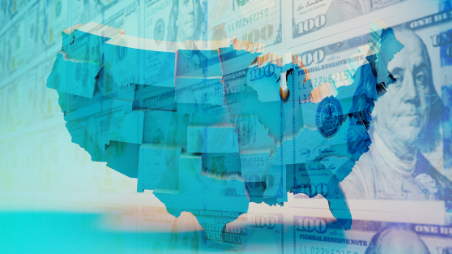Have you ever experienced playing with the “house’s money” at a casino? You’re on a hot streak and are willing to take on more risk because you view your winnings as not your money, but the house’s money. Psychologically, it doesn’t feel like it’s yours to lose!
The “house money effect,” or “mental accounting” is a cognitive bias that leads investors to take on greater risk with profits from investments than they would with their initial investment. Investors begin to distinguish between capital invested and the return on capital or profit.
The problem with mental accounting is that it is a mental construct which distorts the reality that all money is the same, whether it be initial capital or gains. Making a distinction between the two can lead to taking irresponsible risks, taking gains prematurely and generating a higher than necessary income tax bill, or holding on to your losers.
We can observe mental accounting biases with the ascendance of the retail investor as of late. Since the market reached its pandemic lows in March 2020, the S&P 500 is up nearly 75%. Run-ups in overvalued “Reddit stocks” such as GameStop and AMC Entertainment were fueled with mental accounting bias that encouraged investors to take crazy risks with their “earnings” with the mistaken belief that it wasn’t “their” money.
Finding the right balance between managing risk and acting on opportunity can be tough. That’s where your advisor can help. Although we all have cognitive biases, your advisor’s knowledge of cognitive biases can help you to keep from making subconscious judgments that can cost you on both the upside and downside.
Deprecated: preg_replace(): Passing null to parameter #3 ($subject) of type array|string is deprecated in /home/ogorek_dev_minerva/ogorek.minervawddev.com/wp-includes/kses.php on line 1805
PLEASE SEE IMPORTANT DISCLOSURE INFORMATION HERE.



